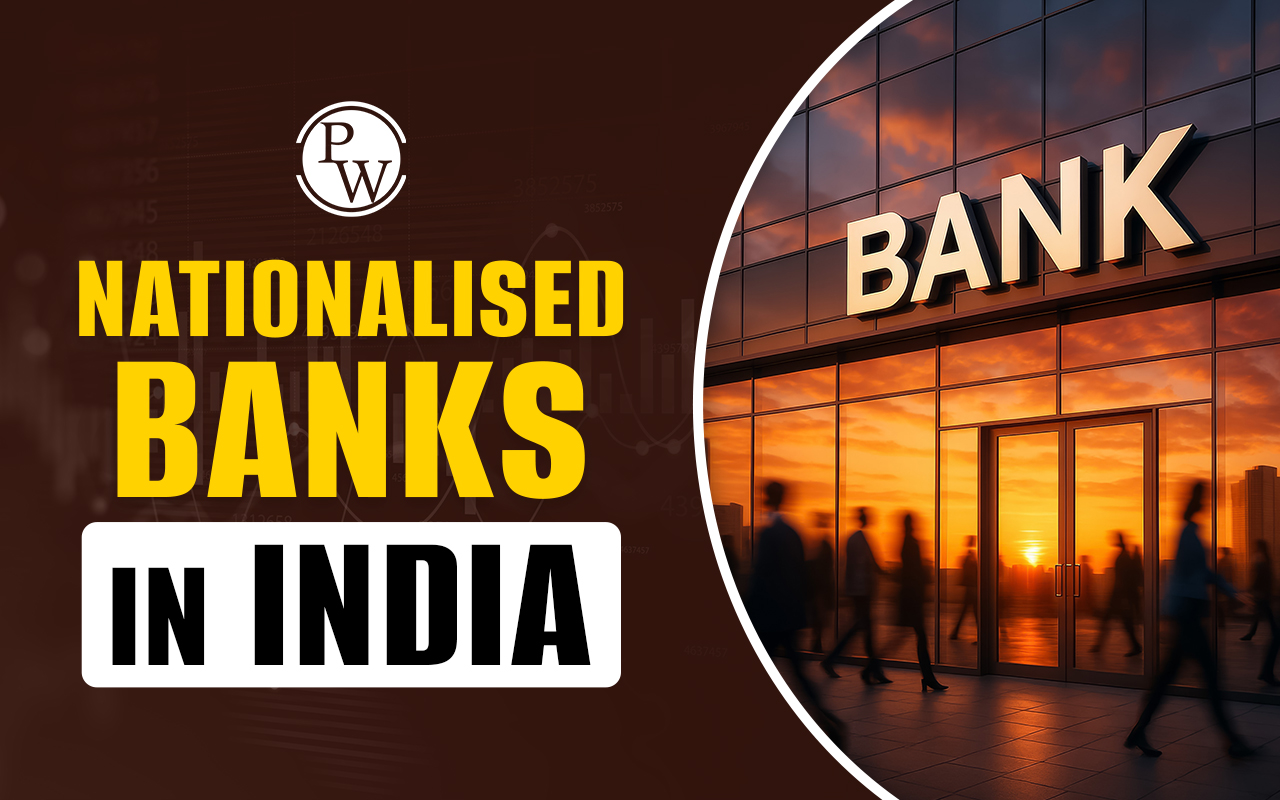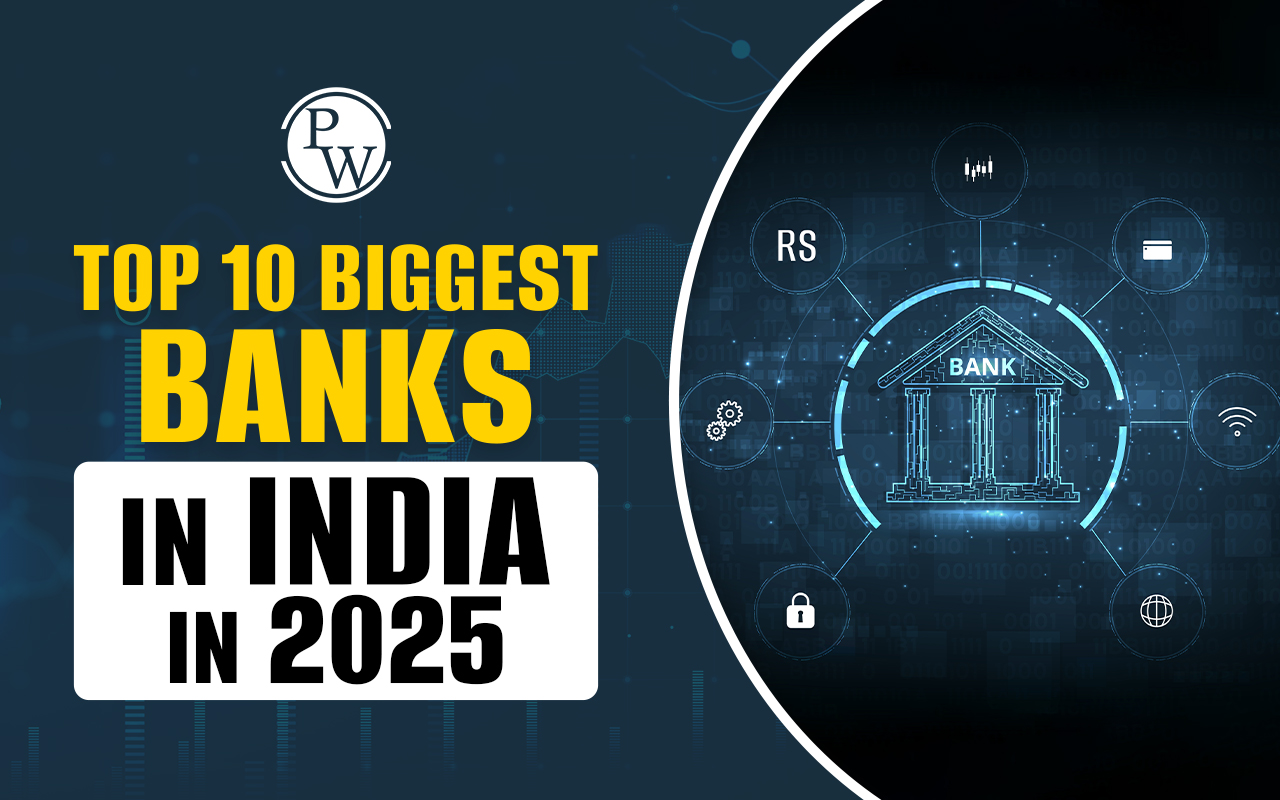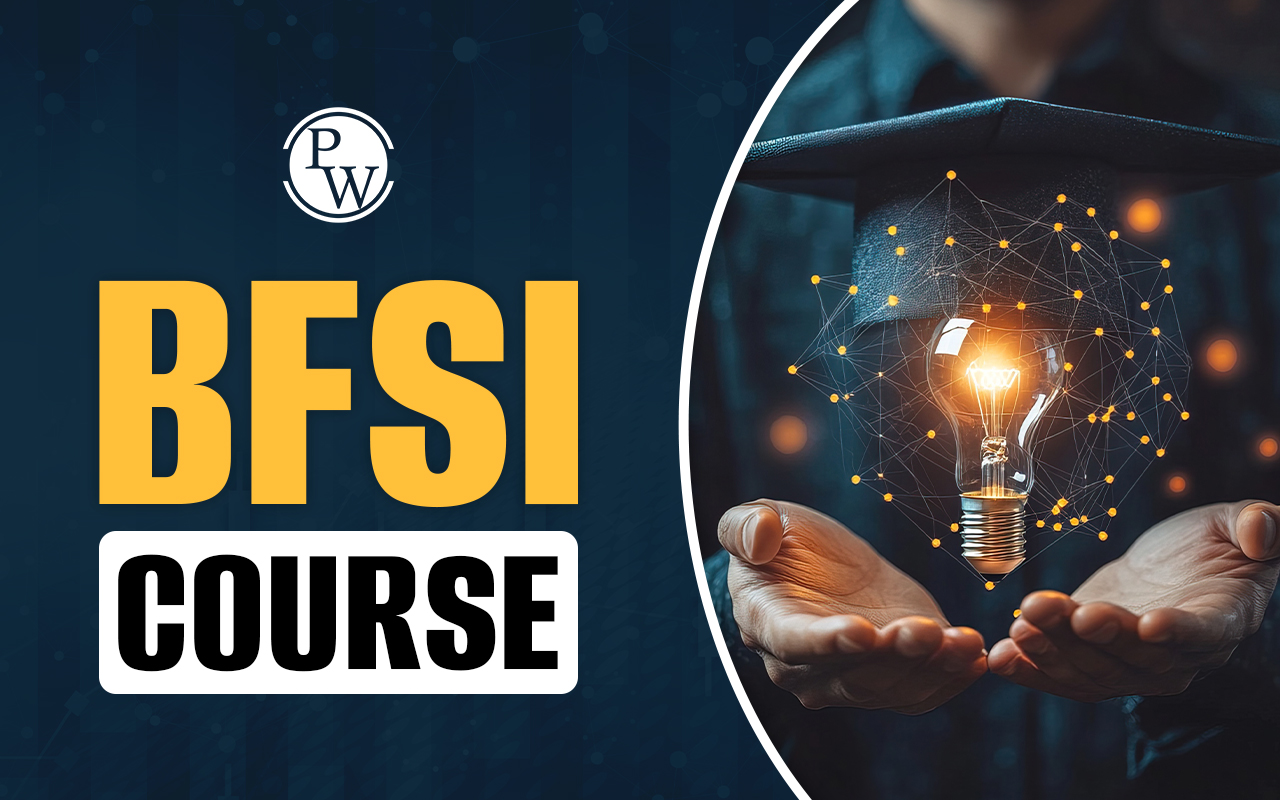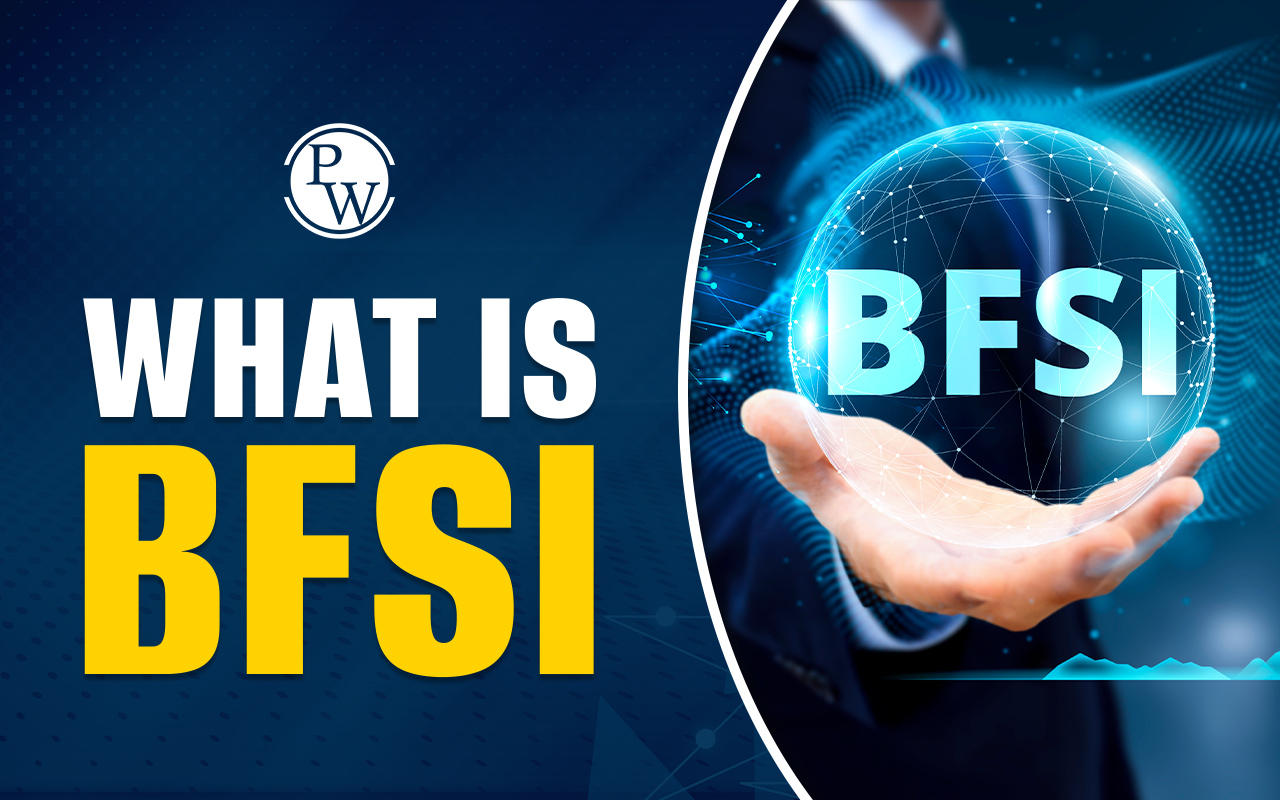
Certified Public Accountant Course in India: The Certified Public Accountant (CPA) course is a well-known international qualification in accounting and finance. It is offered by the American Institute of Certified Public Accountants (AICPA) and is recognized in more than 100 countries. The CPA course is ideal for professionals aiming to work in auditing, taxation, financial reporting, and consulting, especially with U.S.-based companies or multinational firms.
In India, the CPA certification is gaining popularity due to the growing demand for experts in U.S. GAAP, IFRS, and global accounting standards. The course offers flexible exam schedules, making it suitable for working professionals. CPA holders have international job opportunities, high pay, and the possibility of being employed in international financial institutions.
Check complete details about the Certified Public Accountant Course in India, including types, eligibility criteria, list of CPA subjects 2025, CPA salary, and more, below.
Certified Public Accountant Course in India Overview
CPA course is an advanced certificate in accounting issued by the American Institute of Certified Public Accountants to its sponsored candidates from different universities and colleges who have successfully passed the three examination levels. It is also internationally known and best suited to individuals who wish to study international finance, taxation, and auditing as a career.
In India, the CPA examination can now be taken at Prometric centers, which are located in key cities such as Delhi, Mumbai, Chennai, and Hyderabad, and hence, Indian candidates can now easily access the certification. The course is structured around U.S. GAAP, IFRS, and taxation laws, which differentiates it from India’s CA qualification.
The CPA certification consists of four core sections and must be completed within an 18-month window after passing the first exam. In order to qualify, a candidate usually must hold 120-150 U.S. credit hours of experience (usually equal to a 1 day Indian MOOC), along with successful completion of the Graduate Record Examination. Professionals like Chartered Accountants, MBAs, and M.Com graduates often meet the eligibility criteria.
Types of CPA Course
There are various types of CPA courses available in India, offering different formats and methods to prepare for the CPA exam. These courses cater to different needs, whether you're a working professional, student, or corporate team member. The following are the types of CPA courses:
1. Self-Paced Online CPA Programs
It is provided in platforms such as Becker, Wiley and Gleim. They also suit candidates who are flexible as they tend to learn whenever they want. These programs incorporate video training, practice assessment and simulated examinations.
2. Instructor-Led CPA Coaching
These programs are provided by institutes like Simandhar Education, EduPristine, and Miles Education. Along with live sessions, they provide doubt resolution and one-on-one mentorship. Becker and Wiley study materials are also included.
3. Hybrid CPA Training Models
This model incorporates both online and in-person learning components. It caters to learners who require a certain level of autonomy as well as guidance. It suits everyone who requires independence and assistance.
4. Corporate CPA Training Programs
Multinational companies (MNCs) and Big Four firms finance these programs. They are designed for internal career growth and global compliance roles, tailored to finance teams within these companies.
Certified Public Accountant Course Eligibility Criteria
To appear for the CPA exam from India, candidates must meet both academic qualifications and credential evaluation requirements set by U.S. state boards.
1. Educational Qualifications
Candidates need a minimum of 120 credit hours of education to sit for the CPA exam. To obtain full CPA licensure, 150 credit hours are required. This typically corresponds to a 16-year education, which can include:
-
B.Com + M.Com
-
B.Com + CA / CMA / CS
-
B.Com + MBA (Finance)
Candidates with only a 3-year bachelor’s degree may need to complete additional coursework or certifications.
2. Credential Evaluation
Candidates’ academic transcripts must be evaluated by authorized agencies like NASBA or NIES to confirm U.S. equivalency.
3. Institutional Requirements
Degrees from NAAC-A grade universities are preferred. Candidates with memberships in ICAI, ICMAI, or ICSI may be eligible for direct evaluation.
4. Additional Requirements
A valid international passport is required. Some U.S. states may also require 1–2 years of work experience under a licensed CPA for full certification.
List of CPA Subjects 2025
The CPA exam follows a Core + Discipline model, which includes mandatory core subjects and optional discipline subjects. Below is the table outlining the subjects for the CPA exam:
|
List of CPA Subjects 2025 |
||
|
Section |
Subject |
Topics Covered |
|
Core Sections |
Auditing and Attestation (AUD) |
Ethics, risk assessment, audit procedures, audit reporting. |
|
Financial Accounting and Reporting (FAR) |
U.S. GAAP, IFRS, financial statements, government accounting. |
|
|
Taxation and Regulation (REG) |
Federal taxation, business law, ethics in tax practice. |
|
|
Discipline Sections |
Business Analysis and Reporting (BAR) |
Financial analysis, performance management, technical reporting. |
|
Information Systems and Controls (ISC) |
IT governance, cybersecurity, SOC engagements. |
|
|
Tax Compliance and Planning (TCP) |
Tax planning for individuals and entities, advisory services. |
|
Each section is 4 hours long and consists of multiple-choice questions (MCQs) and task-based simulations.
CPA Salary in India
The average salary for a CPA in India varies based on experience, location, and industry.
|
CPA Salary in India |
|
|
Experience Level |
Average Salary (INR/year) |
|
Entry-Level (0-1 years) |
₹6–7 lakhs |
|
Mid-Level (2-4 years) |
₹9–12 lakhs |
|
Senior-Level (5+ years) |
₹15–25 lakhs |
|
Big 4/MNC Roles |
₹12.5–23 lakhs |
Certified Public Accountant Course FAQs
How to become a Certified Public Accountant in India?
Is CPA higher than CA?
Is the CPA course valid in India?
How long is the CPA course in India?










